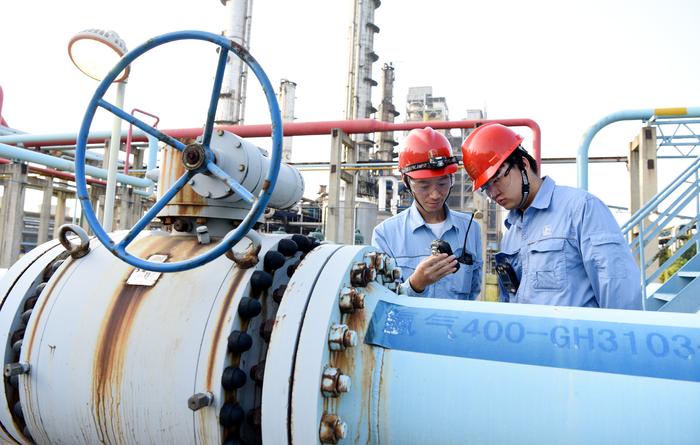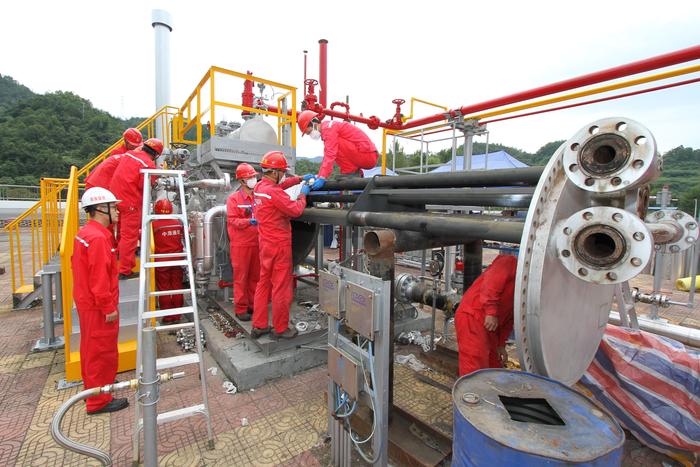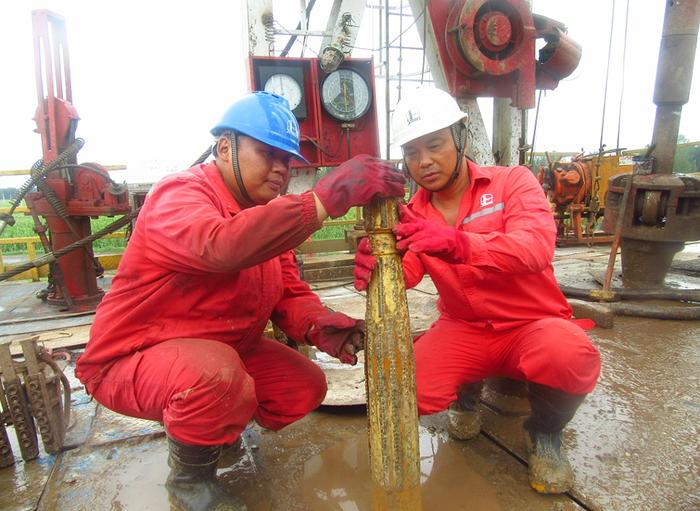|
| 2019-08-16 来源: 中国石化新闻网 |
| 石化新闻 |
|
中国石化新闻网讯 据韩国时报8月15日报道,随着日本和中国准备向国内造船商提供更多液化天然气船订单,现代重工和其他韩国造船公司面临着越来越不确定的前景。 日本三大船运公司之一的三井造船株式会社(MOL)表示,该公司上周与中国远洋运输公司(COSCO)签署了一份谅解备忘录,内容涉及未来的液化天然气运输船项目和乙烷运输船项目。 有了这份谅解备忘录,航运公司有望通过MOL将其液化天然气造船技术转让给中国船厂,加强与它们现有和新的液化天然气项目中的联系。由于日本在20世纪80年代对造船业进行了重大重组,托运人往往拥有建造先进船舶所需的核心技术。这两家船运公司已经参与了澳大利亚太平洋液化天然气项目和亚马尔液化天然气项目。亚马尔液化天然气项目是俄罗斯北部亚马尔半岛的一个液化天然气工厂。在此过程中,它们共同拥有并运营着17艘液化天然气运输船,其中14艘由中国沪东-中华造船有限公司建造。 一家韩国造船厂的官员表示:“在双方加强关系后,它们可能会将液化天然气船订单交给给中国和日本造船商,以便赶上在建造液化天然气船方面表现出色的韩国造船商。” 过去几年,韩国造船企业一直在全球液化天然气运输船市场占据主导地位。市场研究机构Clarksons Research的数据显示,今年上半年,在全球27艘液化天然气运输船的订单中,韩国造船商拿到了21艘,相当于逾17万立方米的订单。三星重工(Samsung Heavy)排在第10位,紧随其后的是DSME和现代重工(Hyundai Heavy)。 这三家造船商去年获得了全球76家液化天然气运输船订单中的66家,占全部订单的86%。 分析人士表示,这是由于韩国造船商在建造液化天然气船方面拥有先进技术,但他们应避免自满,因为中国和日本将继续加强关系,以增加它们在液化天然气船市场的份额。 韩国进出口银行(Korea Export-Import Bank)海外经济研究所(Overseas Economic research Institute)高级研究员杨钟修(Yang Jong-seo)表示:“韩国在上世纪90年代扩大对天然气的依赖后,成为液化天然气造船业的强国,而中国现在也在步步赶上。自2017年以来,中国进口的液化天然气超过了韩国,并用液化天然气电厂取代了燃煤电厂。为了满足自身的液化天然气需求,中国将提高造船企业建造液化天然气船的能力。” 他预计,今年下半年将有多达80艘液化天然气船的订单可供争取,其中50艘很可能被韩国造船商收购,而中国和日本的企业将持有它们自己的股份。 并表示:“由于液化天然气船需要先进技术,中国造船企业要赢得全球托运人的信任需要时间。然而,很明显,随着中国企业在技术上的进步,它们的份额将逐渐增加。” 洪伟立 摘译自 韩国时报 原文如下: China, Japan moving to check Korea's LNG dominance Hyundai Heavy Industries and other Korean shipbuilding companies are facing an increasingly uncertain outlook as Japan and China are poised to award more LNG ship orders to their domestic shipbuilders, according to industry officials Wednesday. Mitsui O.S.K. Lines (MOL), one of Japan's top three shippers, said it recently signed an MOU with China Ocean Shipping Company (COSCO) last week for future LNG carrier projects and ethane carrier projects. COSCO, a state-run firm, is China's No. 1 shipper. With the MOU, the shipping giants are expected to strengthen their ties in existing and new LNG projects by MOL transferring its LNG shipbuilding technologies to Chinese dockyards. In Japan, shippers tend to have the core technologies required to build advanced vessels, as the country conducted a major restructuring of its shipbuilding industry in the 1980s. The two shippers are already participating in an Australia Pacific LNG project and Yamal LNG project, which is an LNG plant on the Yamal Peninsula in northern Russia. In doing so, they jointly own and operate 17 LNG carriers, and 14 of them were built or are under construction by China's Hudong-Zhonghua Shipbuilding. "After the two sides strengthen ties, they will likely funnel their LNG vessel orders into Chinese and Japanese shipbuilders, so they can catch up with Korean shipbuilders, which excel in building LNG carriers," an official at a domestic shipbuilder said. Korean shipbuilders have maintained dominance in the global LNG carrier market over the past few years. According to market tracker Clarksons Research, Korean shipbuilders have clinched 21 out of 27 global orders for LNG carriers, equivalent to larger than 170,000 cubic meters, in the first half of this year. Samsung Heavy bagged 10, followed by DSME with six and Hyundai Heavy with five. The three shipbuilders scored 66 out of 76 global LNG carrier orders last year, accounting for 86 percent of the total. Analysts said this is due to Korean shipbuilders' advanced technologies in building LNG vessels, but they should avoid complacency, as China and Japan continue to enhance ties to increase their shares in the LNG vessel market. "Korea became the powerhouse in LNG shipbuilding after the country expanded its natural gas reliance in the 1990s, and China is now following in its footsteps," said Yang Jong-seo, a senior research fellow at the Overseas Economic Research Institute of the Korea Export-Import Bank. "Since 2017, China has been importing more LNG than Korea and replacing its coal power plants with LNG plants. To cope with its own LNG demand, China will ramp up its shipbuilders' capacity to build LNG vessels." Yang expected up to 80 LNG vessel orders will be up for grabs in the second half of this year, and Korean shipbuilders will likely bag 50 of them as firms of China and Japan will take their own shares. "Since LNG vessels require advanced technologies, it will take time for Chinese shipbuilders to win global shippers' trust," Yang said. "However, it seems obvious that Chinese firms will increase their shares gradually as they show progress in technologies."
|








